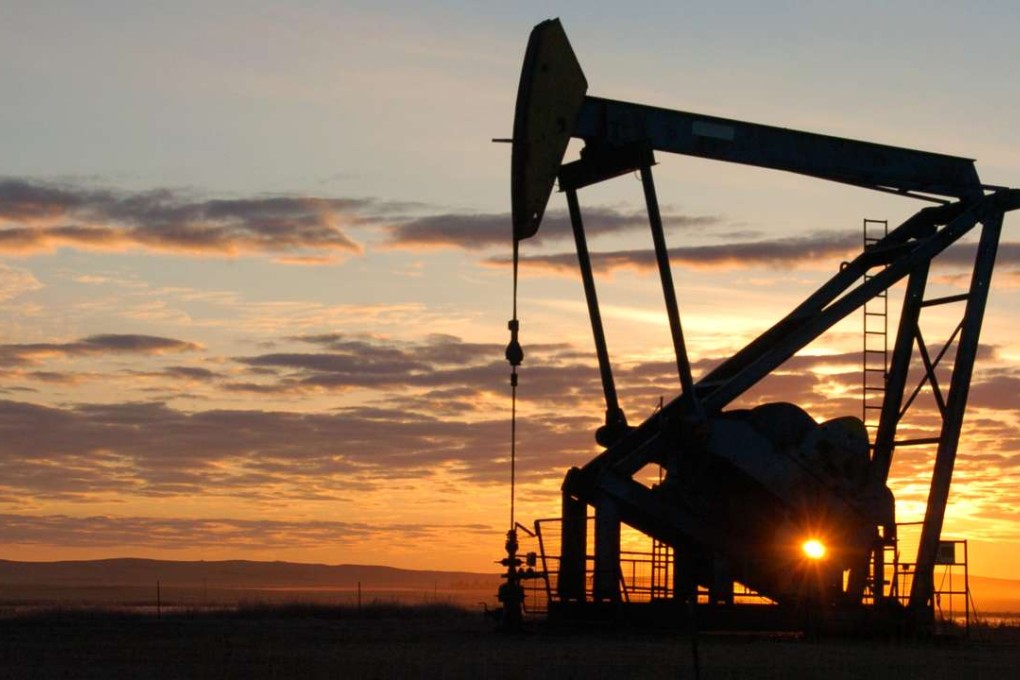Abacus | Oil may be up 75%, but here’s why it will remain cheap

We have heard so much over the last couple of years about how slowing Chinese growth has pushed global commodities into a long-term bear market that it can come as a shock to realise that the price of the most important commodity of all – oil – has risen 75 per cent since January.
The latest surge was triggered by reports that all members of the oil producers’ cartel Opec plus Russia will agree to freeze production at a meeting in Algeria later this month. Speculative traders rushed to buy oil futures in anticipation of a new bull market, pushing the price of international benchmark Brent crude as high as US$51 a barrel in August from US$27 in January.
The good news for Asia’s oil-importing economies is that the chances of a sustained increase in the oil price much above US$50 a barrel are minimal any time soon.
That is not because demand from China, the world’s largest importer, is slowing. Quite the opposite: despite cooling economic growth, China’s monthly crude imports have continued to grow at average year-on-year pace 10.5 per cent over the last 12 months, as the country’s middle class buys ever more cars and as Beijing builds up its strategic petroleum reserve.

Instead, prices will remain subdued because the world is swimming in oil. And despite talk of a production freeze, there are no convincing signs of an end to the glut, as a combination of Middle Eastern politics and market forces dictates that the world’s big oil exporters will continue to pump as fast they possibly can.
Saudi Arabia and Russia did agree in principle to freeze production to support prices as long ago as February. But Saudi’s powerful young deputy crown prince has made clear its participation would be conditional: Riyadh will only agree to a production quota if other Opec members play along too.

